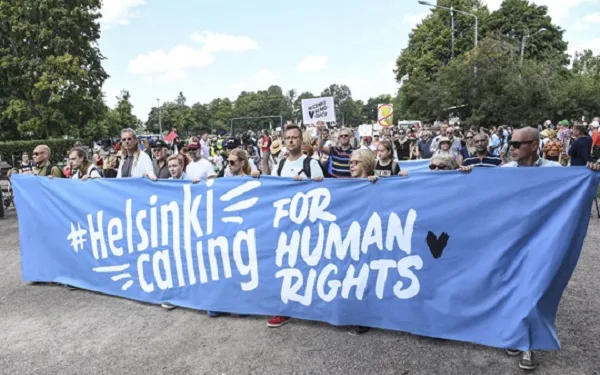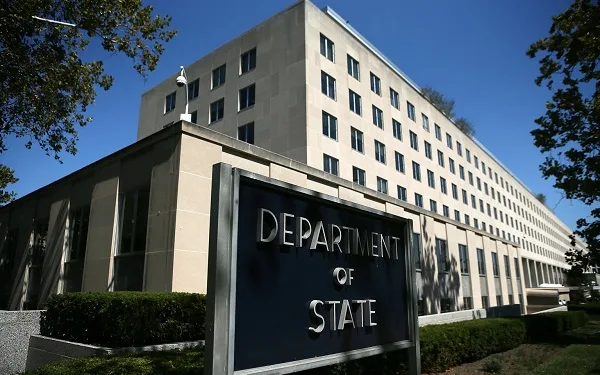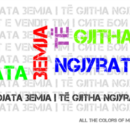“All human beings are born free and equal in dignity and rights. They are endowed with reason and conscience and should act towards one another in a spirit of brotherhood.” – Universal Declaration of Human Rights, Article 1
by: NATASHA MALINKA MINOVSKA
Despite the many differences, all people without exception are the same in one thing – they have equal human rights. Human rights are a civilizational benefit and value, and their provision, respect and protection are a mission and ultimate goal of all contemporary democratic societies.
The idea of human rights, dignity and freedom has been known since ancient times, as an idea of a natural right of every person. At that time, it was understood as a natural law – which had constantly been violated.
The history of human rights can be followed through writings that testify to its further shaping, through the first limitations of the power of rulers in the Great Charter of Freedom of 1215 and the Petition of Right of 1628 in England, up to the determining of the basic inalienable human rights in the US Declaration of Independence of 1776 and the French Declaration of the Rights of the Man of 1789. These limitations mark also the start of their legitimate establishing.
The term human rights enters everyday terminology and general use with the adoption of the United Nations Universal Declaration of Human Rights, adopted in 1948.
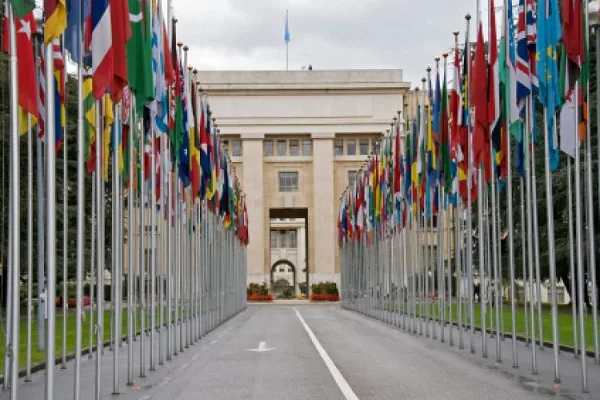
In the development of the human value system, they represent the highest achievement – a synthesis of the human dimension based on religious, philosophical and legal understanding, as well as criteria for the achieved level of the development of humanity.
Human rights also comprise the most universally accepted value system. However, it does not offer ready solutions for every life situation individually, but paves the way towards relationships with other individuals or institutions for each individual.
Human rights are by nature universal, inalienable, indivisible and interdependent. It means they have the same importance for all people (anywhere), cannot be lost, no one can take away some of the rights (all rights are connected).
Personal human rights (right to life, free development of the person, security of person…), civil-political rights (right to freedom of opinion and expression, to freedom of information, to unhindered participation in political life…), social-economic and cultural rights (right to education, social security, adequate remuneration for work, appropriate standard of living and health…), as well as the right to peace, right to development and right to a healthy environment are proclaimed in several international documents, such as the mentioned Universal Declaration of Human Rights of the United Nations, or the European Convention for the Protection of Human Rights of 1950, and etc.
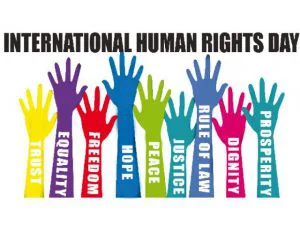
The starting points, but also foundation on which the entire concept of human rights is built, are human life, dignity, freedom, equality and solidarity. States and institutions are obliged to respect, protect and fulfil human rights, because they are not granted by a specific social authority, but are immanent to every human being.
Everyone should respect the rights, freedoms and dignity of the other, the different, because mutual respect is a feature of humanity as a highest human quality.
International Human Rights Day is celebrated on December 10 - the day when the General Assembly of the United Nations in 1948 adopted the Universal Declaration of Human Rights.
Green movements around the world almost without exception accept the concept of human rights and dignity as part of green values.
Links:
http://edu.goo.hr/wp-content/uploads/2017/10/LJUDSKA-PRAVA.pdf
https://www.inter.rs/magazin/dnevnik/liliana/prava-dostojanstvo-jednakost/
file:///C:/Users/namin/Downloads/Begic_Golubovic.pdf
https://www.pfsa.unsa.ba/pf/wp-content/uploads/2018/05/Ljudsko_dostojanstvo_u_pravu.pdf
file:///C:/Users/namin/Downloads/BS_3_4_89_Zsifkovits.pdf
http://www.maturskiradovi.net/forum/attachment.php?aid=2055
https://hops.org.mk/chovekovi-prava/
https://www.living-democracy.com/hr/textbooks/volume-3/part-2/unit-5/lesson-1/
https://www.europarl.europa.eu/ftu/pdf/hr/FTU_5.4.1.pdf
https://www.pfsa.unsa.ba/pf/wp-content/uploads/2017/11/Osnove_sistema_ljudskih_prava.pdf
translation: N. Cvetkovska
 Македонски
Македонски Shqip
Shqip English
English
